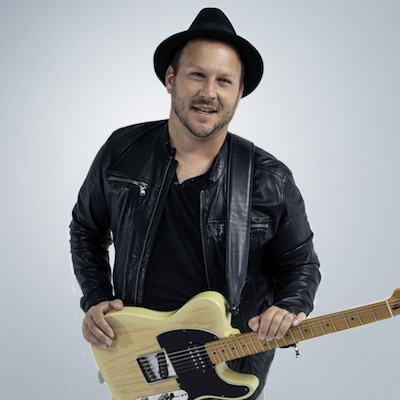What is Anosognosia in Mental Illness?
![]() Jim Sugel
on
July 10, 2024
Jim Sugel
on
July 10, 2024
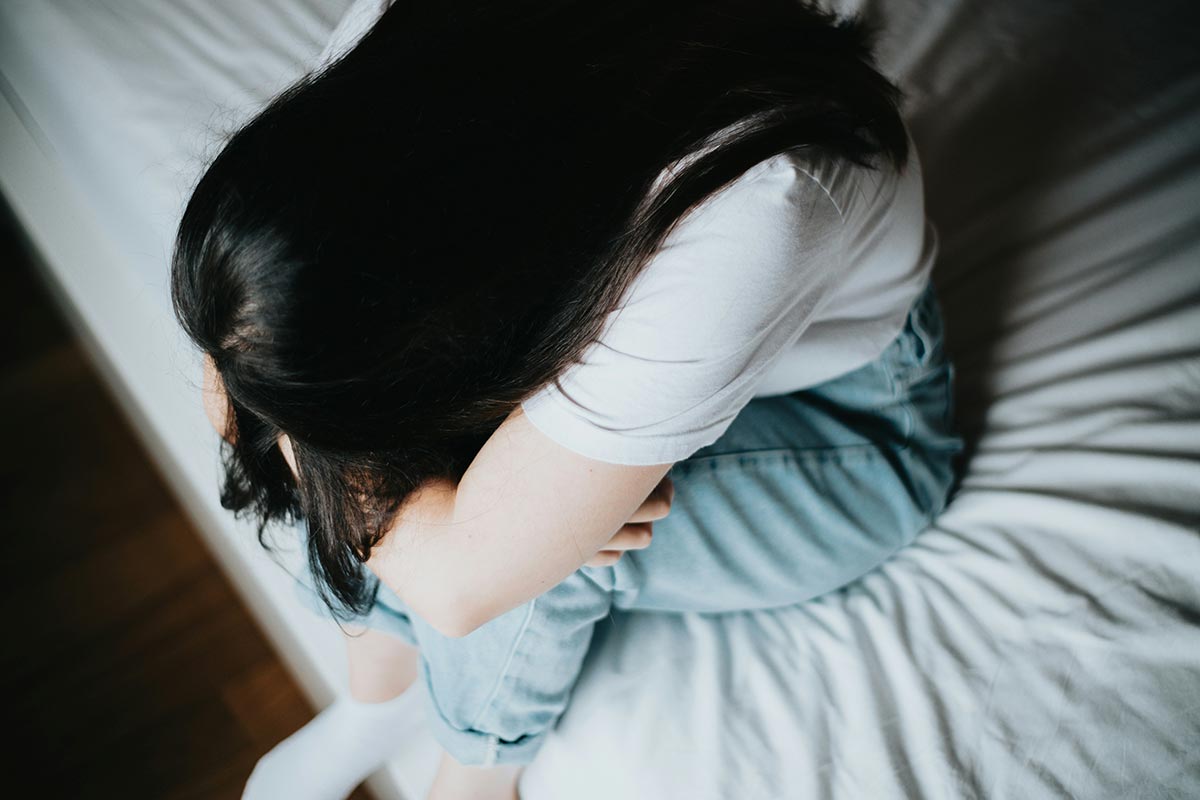 Today, millions of Americans struggle with mental health problems ranging from substance abuse to anxiety or depression to bipolar disorder or schizophrenia. With almost 1 in 4 Americans qualifying for a mental health diagnosis of some kind, it’s incredibly normal to have a mental illness or mental health problem. But, for some of us, realizing that we have those problems is part of the mental illness. Instead, a percentage of people suffer from a condition known as Anosognosia, in which they are unable to realize or recognize that they have a mental health problem.
Today, millions of Americans struggle with mental health problems ranging from substance abuse to anxiety or depression to bipolar disorder or schizophrenia. With almost 1 in 4 Americans qualifying for a mental health diagnosis of some kind, it’s incredibly normal to have a mental illness or mental health problem. But, for some of us, realizing that we have those problems is part of the mental illness. Instead, a percentage of people suffer from a condition known as Anosognosia, in which they are unable to realize or recognize that they have a mental health problem.
While this can be linked to denial, anosognosia is an illness of its own and is characterized by damage to the brain, which can result from bipolar disorder, schizophrenia, Alzheimer’s, dementia, some kinds of trauma, and traumatic brain injury.
What is Anosognosia?
Anosognosia is a condition in which you cannot recognize another or other health conditions that you have. For most people, it means you simply are not aware of a deficit or illness that you have and instead see yourself as normally functioning and not in need of medication or help. In mental illness, it most often crops up in bipolar disorder and schizophrenia, where affected individuals may think they are normally functioning and not in need of any help at all. However, the illness is from a family of agnosia’s, all of which relate to inability to recognize sensory input. For example, the inability to see visual motion, inability to recognize body parts, inability to recognize partial paralysis, inability to differentiate visual objects, etc.
In mental illness, anosognosia is most-often linked to bipolar disorder and schizophrenia. Here, individuals can suffer significant trauma to the brain, resulting in their inability to see that they are functioning any differently than the people around them. They may also not notice or not realize that episodes happen and may therefore feel that any attempts to get them help are trying to harm them or asking them to do something for no reason.
What’s the Difference Between Anosognosia and Denial?
There are significant overlaps between anosognosia and denial. People who are in denial of having a mental health condition can delude themselves to the point of very significantly believing that they don’t have a problem.
Denial can also be a significant mental health problem in which a person can delude themselves into a condition that can be diagnosed as anosognosia. If you are incapable of acknowledging that you have a deficit, whether because of brain injury or because of a mental health problem, it likely qualifies as anosognosia.
Anosognosia is normally linked to the mechanism by which people make a mental image of themselves. Here, you have to change that mental image as you move through your life. You get a haircut, now you have to think of yourself with short hair. You learn a new skill, your mental image of yourself updates to include being able to achieve tasks with that skill. But when you lose skills, it can be difficult for your brain to adapt. You see this with people who lose limbs who very often react and try to use those limbs for decades after losing them. For example, patients with amputated limbs show brain activity for those amputated limbs decades after amputation, because the brain never gets rid of the portion of the brain dedicated to moving that limb.
Mental illness is thought to have a similar mechanism, where persons who lose functionality, such as by going into a bipolar manic episode, are unable to recognize the episode because their brain isn’t updating their mental image. The brain is inflexible. Whether that’s caused by brain chemistry, denial, or traumatic injury to the brain is less relevant than the fact that the problem exists.
Anosognosia can be a form of denial. It might also be something forced on the individual by a brain injury. You can’t just talk someone with anosognosia out of it. If that were the case, they would just have denial and not anosognosia.
Who Develops Anosognosia?
 Anosognosia is extremely rare on a population level but extremely common when you start to look at the specific groups that it affects. For example, one study shows that it impacts an estimated 40% of people with bipolar disorder, 40-98% of persons with schizophrenia, and 20-80% of persons with Alzheimer’s.
Anosognosia is extremely rare on a population level but extremely common when you start to look at the specific groups that it affects. For example, one study shows that it impacts an estimated 40% of people with bipolar disorder, 40-98% of persons with schizophrenia, and 20-80% of persons with Alzheimer’s.
Often, anosognosia follows significant trauma to the brain, which can occur as a result of a mental health disorder like schizophrenia.
Signs & Symptoms of Anosognosia
Anosognosia is characterized by an inability to recognize that something is wrong. That can mean:
- The individual stops taking their meds
- The individual goes from understanding they have a diagnosis to claiming they are completely healthy and potentially back again (Anosognosia can come and go)
- The individual is paranoid about why people want them to get treatment or take medications
- The individual deteriorates and starts having worse symptoms of mental health problems becuase they stop taking care of themselves and going to treatment (after all, nothing is wrong).
Diagnosing anosognosia normally starts with a questionnaire to assess whether someone is aware of having problems. The Scale to Assess Unawareness of Mental Disorder (SUMD) is the standard used here. After this, you may receive a CT, EEG, or MRI scan to check for physical damage to the brain. Often, there are no physical signs, especially in patients with schizophrenia and bipolar disorder.
How Do You Treat Anosognosia?
Anosognosia can be extremely difficult to treat because people receiving treatment are often resistant to treatment. For this reason, it’s best to take a mixed approach of switching away from getting someone to acknowledge illness and towards getting someone to acknowledge goals.
For example, in patients with schizophrenia, getting them to take medication is often the primary goal. About a third of persons with schizophrenia-related anosognosia are able to recognize that they have mental health problems when they take their medication long enough for it to have an effect.
Motivational enhancement therapy is also often used to help people meet goals like going to treatment and taking medication. Again, the goal is not to convince the person that they are ill or that they have a diagnosis. Instead, it’s to convince them that there are benefits to fixing a specific behavior or making a change and then getting them to do it – to improve their overall wellbeing. In patients with “denial” MET is used to convince people that they have a mental illness and need treatment, but this approach does not work with anosognosia.
Getting Help
People with anosognosia are unable to acknowledge that they have a mental health problem. This may be total (they never realize they have a mental health problem) or it may come and go (they take meds for months and then suddenly believe they are well and are taking medication for no reason). In every case, the best approach is to get that person to a doctor where they can be diagnosed and given treatment. Often, the challenge is keeping that person in treatment because they won’t normally see anything wrong with themselves. That means talking to them about goals like work, living alone, taking care of themselves, etc., and then working out reasons that mental health professionals can help with that. You won’t get anywhere trying to talk someone with anosognosia into believing they are sick. However, you can talk them into getting help for other reasons by normalizing mental healthcare for normal life. Good luck getting treatment.



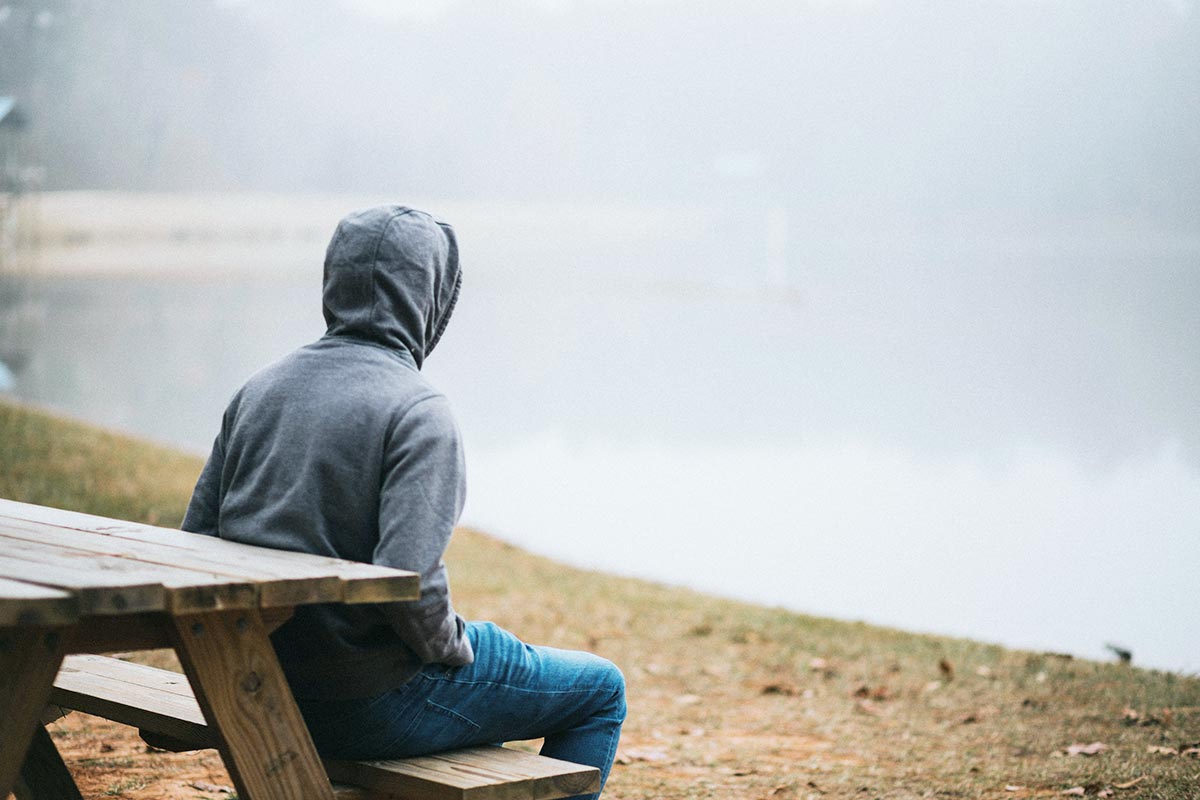 Untreated mental health disorders can significantly impact quality of life. That often means you’ll be dealing with mental health problems like anxiety, depression, feeling down, and low energy – all while being asked to work on high-maintenance self-care and self-improvement routines.
Untreated mental health disorders can significantly impact quality of life. That often means you’ll be dealing with mental health problems like anxiety, depression, feeling down, and low energy – all while being asked to work on high-maintenance self-care and self-improvement routines.
 Today, it’s estimated that some 0.5-1% of the population has schizophrenia and that
Today, it’s estimated that some 0.5-1% of the population has schizophrenia and that 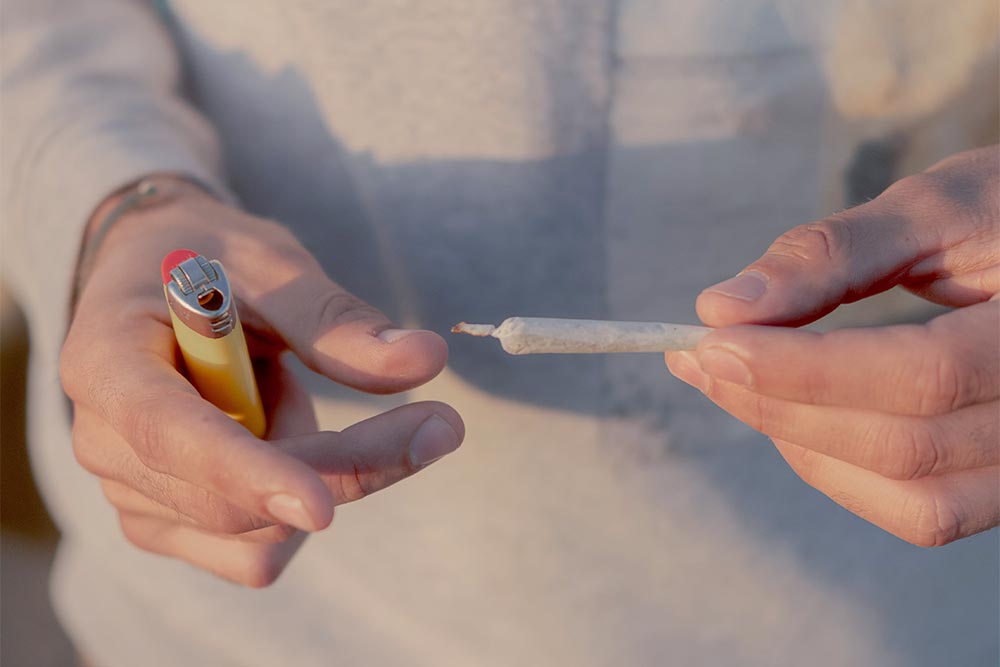 There are plenty of risk factors that can contribute to your likelihood of a schizophrenia diagnosis related to cannabis usage. The following include some of the most common:
There are plenty of risk factors that can contribute to your likelihood of a schizophrenia diagnosis related to cannabis usage. The following include some of the most common: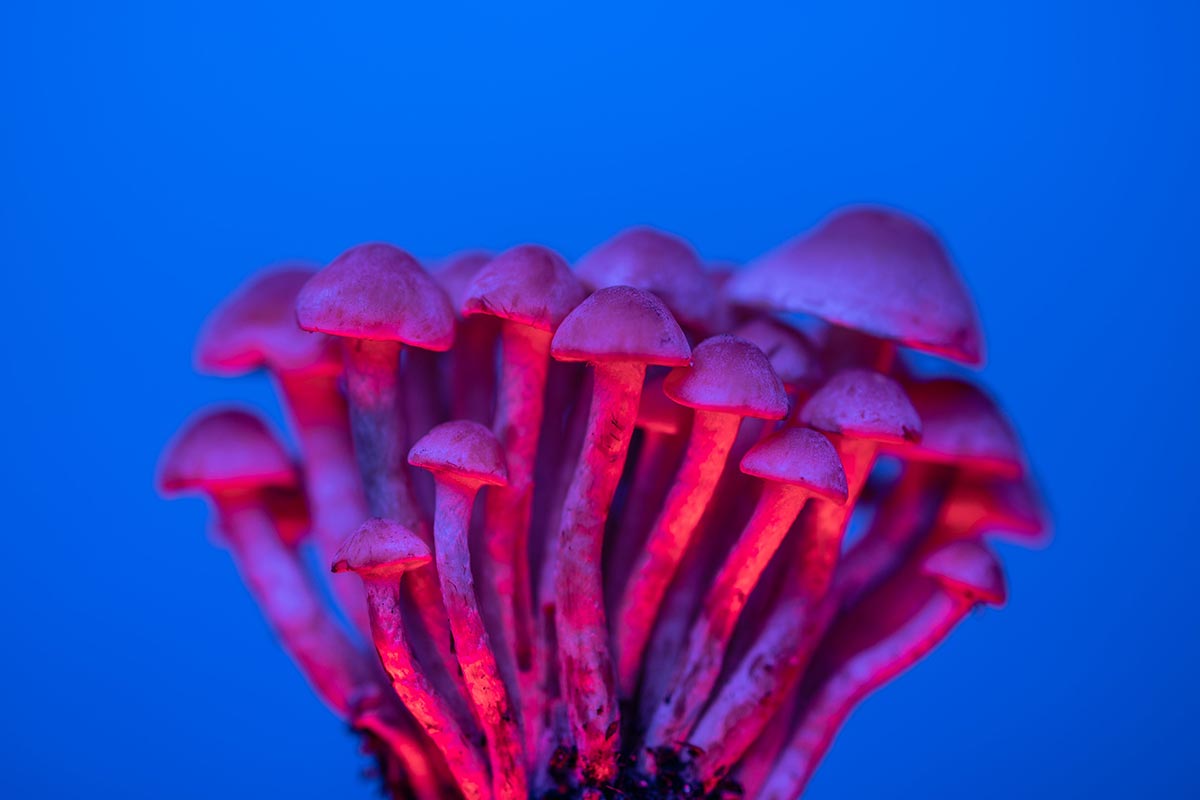
 While hallucinogens are unlikely to cause increases in risk of suicidal ideation or depression, people with suicidal ideation and depression are more likely to use drugs. This means that populations using hallucinogens are more likely to be vulnerable to suicide or suicidal ideation because they have a mental health disorder. That’s in part because many people use drugs and alcohol to self-medicate and to feel better. That’s especially true after multiple studies were picked up by the news showing that psychedelics can actually help people to relieve symptoms of suicidal ideation and decrease suicide risk. More people opt to self-medicate and then use psychedelics as a means of temporarily feeling better.
While hallucinogens are unlikely to cause increases in risk of suicidal ideation or depression, people with suicidal ideation and depression are more likely to use drugs. This means that populations using hallucinogens are more likely to be vulnerable to suicide or suicidal ideation because they have a mental health disorder. That’s in part because many people use drugs and alcohol to self-medicate and to feel better. That’s especially true after multiple studies were picked up by the news showing that psychedelics can actually help people to relieve symptoms of suicidal ideation and decrease suicide risk. More people opt to self-medicate and then use psychedelics as a means of temporarily feeling better. That’s so much the case that drugs or alcohol were involved in
That’s so much the case that drugs or alcohol were involved in 










